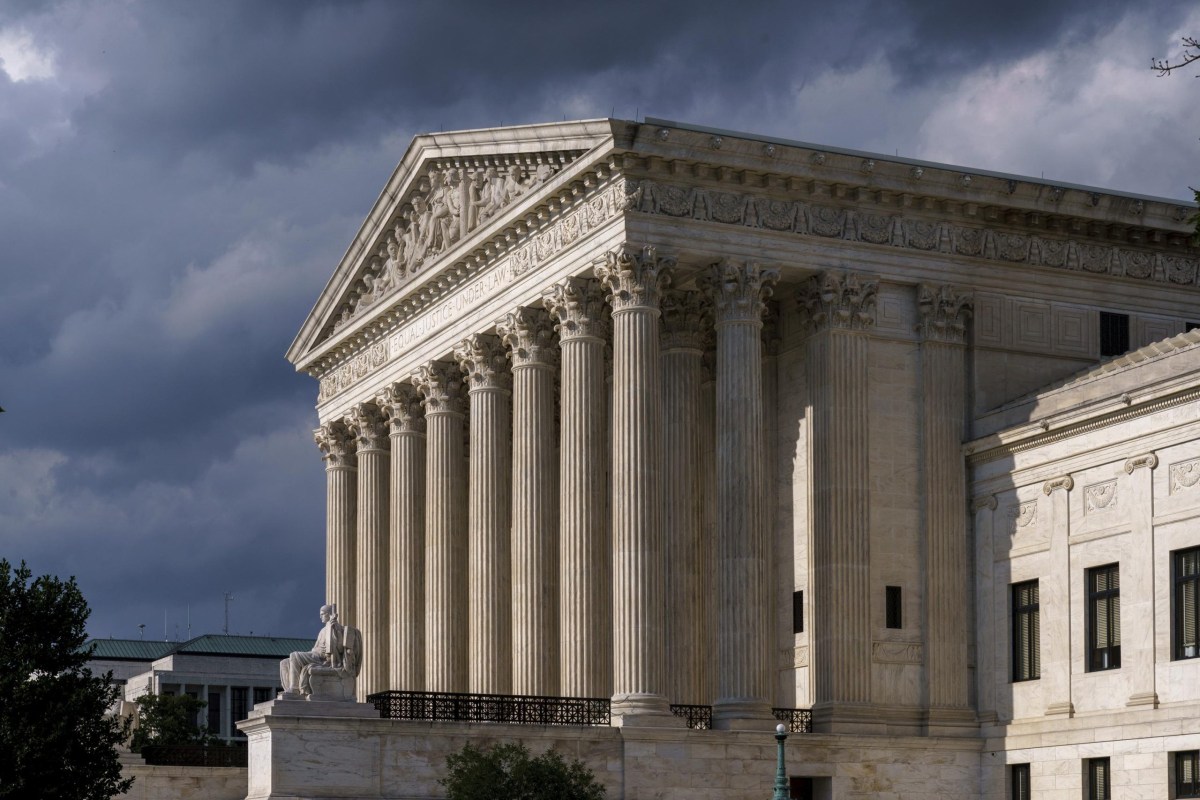|
Listen to this article here
Getting your Trinity Audio player ready...
|
The U.S. Supreme Court has ruled unanimously that the former president will be allowed on the Colorado 2024 election ballot.
The ruling comes one day before the state holds its primary election. This decision will apply to any state that has considered removing Trump as a candidate, including Maine and Illinois.
The dispute started six months ago when a group of unaffiliated Colorado voters ran a petition to remove Trump as a candidate. They cited that Section 3 of the Fourteenth Amendment prohibits Trump from becoming president again.
Petitioners argued that when Trump lost the 2020 election he disrupted the peaceful transfer of power. This a reference to the January 6 2021 attack on the nation’s capitol. They believe that Trump intentionally organized and incited his supporters to storm the capitol while Congress worked to certify election results. Because of this, they say he should be ineligible to run for president again.
Section 3 states:
“No person shall be a Senator or Representative in Congress, or elector of President and Vice President, or hold any office, civil or military, under the United States, or under any State, who, having previously taken an oath, as a member of Congress, or as an officer of the United States, or as a member of any State legislature, or as an executive or judicial officer of any State, to support the Constitution of the United States, shall have engaged in insurrection or rebellion against the same, or given aid or comfort to the enemies thereof.”
After consideration, the Colorado Supreme Court agreed with the petitioners. Trump would be removed as an option on the ballot and any write-in vote would be discredited.
Former President Trump disputed this ruling and the case went to the Supreme Court.
Supreme Court Ruling
In the majority opinion, justices wrote that the power to enforce Section 3 lies with Congress, not the states. This applies only to federal elections; if a state opts to prohibit candidacy for a state office, they have the authority to do so.
Although all justices agreed that it was unconstitutional to withhold federal election eligibility from an oathbreaking insurrectionist, some chose to write their own opinions.
Justices Jackson, Kagan, and Sotomayor joined forces to write a concurring opinion. Despite agreeing with the majority, they expressed differences in the language of the ruling. The left-leaning justices wrote that allowing states to withhold candidates from a federal ballot would create a “chaotic state-by-state patchwork.”
Justice Amy Coney-Barrett also wrote a concurring opinion stating that the decision should resolve the constitutionality of the ballot issue and not go any further. The liberal concurring opinion shares that sentiment. All four justices acknowledged that the decision addressed matters beyond those outlined in the case.
“Particularly in this circumstance, writings on the Court should turn the national temperature down, not up. For present purposes, our differences are far less important than our unanimity: All nine Justices agree on the outcome of this case. That is the message Americans should take home,” Coney-Barrett writes.
Related Stories
Trump‘s Statement
The former president addressed the press from his Mar-a-Lago estate. He stated that he believes it will help bring the country together. “Essentially you cannot take someone out a race because an opponent would like to have it that way,” Trump said. He also brought up a recent NYT poll that puts Trump in front of President Biden.
Trump minimized his discussion of today’s ruling but seized the opportunity to talk about other court cases he’s currently involved in. He still faces trial for his role in the attempt to overthrow the 2020 election.


